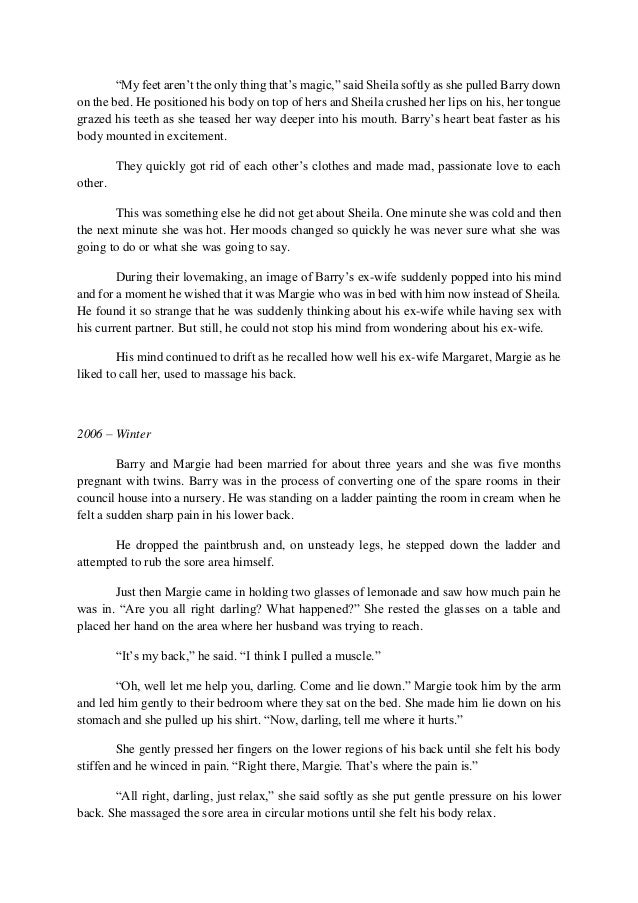A bug in Apple's macOS software update process is causing issues for Mac system administrators and mobile device management deployments.
This is an alphabetical list of television program articles (or sections within articles about television programs). Spaces and special characters are ignored. Download Mozilla Firefox, a free web browser. Firefox is created by a global not-for-profit dedicated to putting individuals in control online. Get Firefox for Windows, macOS, Linux, Android and iOS today!
As noted by microMDM, the issue surfaced after the release of macOS Big Sur version 11.1. There were widespread reports of system administrators not being able to see the software update, or not being able to download and install it.
Apparently, the cause of the issue is the fact that macOS 11.0.1 and macOS 11.1 hosts are requesting that update servers send over macOS 11.0.1 instead of the next available software update. Because of that, the server rejects the request because a machine already has 11.0.1 installed.
Big Bedbarry Machines
This specific bug appears to be tied to MDM enrollment profiles. Both MicroMDM and other system administrators have corroborated this.
As such, removing the MDM profile should fix the issue. Of course, that's not always an option for certain MDM deployments.
Big Bedbarry Mac N Cheese
Although it appears that a restart could mitigate the issue, there could still be problems with downloading the update since the 'condition that made it fail to down the first time can be triggered again.'
Fixing the situation is also made worse by the fact that Apple has stopped providing standalone installers for macOS software updates with Big Sur. Because of that, there's no option to manually update to the new version of Big Sur. Updates must come from Apple's servers.
Other problems include the fact that Apple Silicon kills the option for third party processes to script a software update command.
At this point, Apple is undoubtedly aware of the issue here. Because of that, it's likely that a fix for the problem will arrive in macOS 11.2.
AppleInsider has affiliate partnerships and may earn commission on products purchased through affiliate links. These partnerships do not influence our editorial content.


I find myself sharing this tip every week. When your Mac has been used for several days/weeks, the consistent opening and closing of applications chip away at your available memory (RAM). Soon you will be out of what is referred to as “contiguous memory”, and the machine will start using the much slower virtual memory which writes info to the hard drive instead of the super-fast RAM chip.
To check if you are out of contiguous memory, open Applications: Utilities: Activity Monitor. Select the “System Memory” tab, and look at the number of “Page Outs”. If this number is greater than zero, you are out of memory. It’s time to restart!
